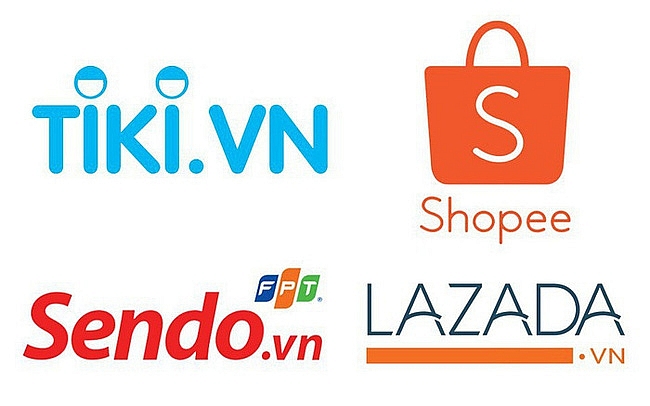Tiki and Sendo cancel merger deal
 |
| Tiki and Sendo permanently halted merger talks |
According to newswire DealStreetAsia, the two local e-commerce platforms decided to call off the merger deal that was on the progress of completion a few months ago.
This comes just after the two sides in early June submitted a request for authorisation for the deal to the Vietnam e-Commerce and Digital Economy Agency (iDEA) under the Ministry of Industry and Trade.
The COVID-19 disruptions have put investment funds on the edge, especially those which have poured capital into businesses mostly running physical outlets. For instance, Sumitomo Group which holds 3.47 per cent of Tiki’s share has made significant investments in real estate and transportation projects which now occupy 20 and 22 per cent of its total investment structure, respectively.
Along with the pandemic, disagreements among the two sides’ shareholders is another major reason. Specifically, with the fragmented shareholder structure (the largest shareholder owns no more than 26 per cent), no-one has a dominant voice in the deal. This made it difficult to bring major stockholders together to agree to the merger terms.
Without revealing details, DealStreetAsia sources said that shareholders were disgruntled that the terms favoured Tiki more than Sendo.
In late May, Tiki finished raising charter capital from VND190.9 billion ($8.3 million) to more than VND208.31 billion ($9.06 million). The added investment came from foreign investors, including Success Elite Holdings Ltd. (4.973 per cent), Sakshi Jawa (0.128 per cent), and Henry Low Kwee Kok (0.011 per cent).
Moreover, overseas ownership in Tiki also spiked from 49.714 to 54.501 per cent. Notably, on May 25, Sendo also increased its charter capital to VND114.169 billion ($4.96 million) from VND105.7 billion ($4.6 million). Similar to Tiki, the foreign ownership rate at Sendo also increased, from 63.1 to 65.05 per cent.
What the stars mean:
★ Poor ★ ★ Promising ★★★ Good ★★★★ Very good ★★★★★ Exceptional
 Tag:
Tag:
Related Contents
Latest News
More News
- South Korean VC completes buyout of Chicken Plus Vietnam (February 25, 2026 | 07:55)
- Marico buys 75 per cent of Vietnam skincare startup Skinetiq (February 10, 2026 | 14:44)
- Mitsubishi acquires Thuan An 1 residential development from PDR (February 09, 2026 | 08:00)
- KKR and Singtel step up data centre investment in Southeast Asia (February 06, 2026 | 13:09)
- New rules ease foreign access to Vietnam equities (February 05, 2026 | 17:29)
- Vietnam’s IFC creates bigger stage for M&As (February 01, 2026 | 08:16)
- Game startup Panthera raises $1.5 million in seed funding (January 29, 2026 | 15:13)
- Cool Japan Fund transfers shares of CLK Cold Storage (January 28, 2026 | 17:16)
- Nissha acquires majority stake in Vietnam medical device maker (January 26, 2026 | 15:40)
- BJC to spend $723 million acquiring MM Mega Market Vietnam (January 22, 2026 | 20:29)






















 Mobile Version
Mobile Version